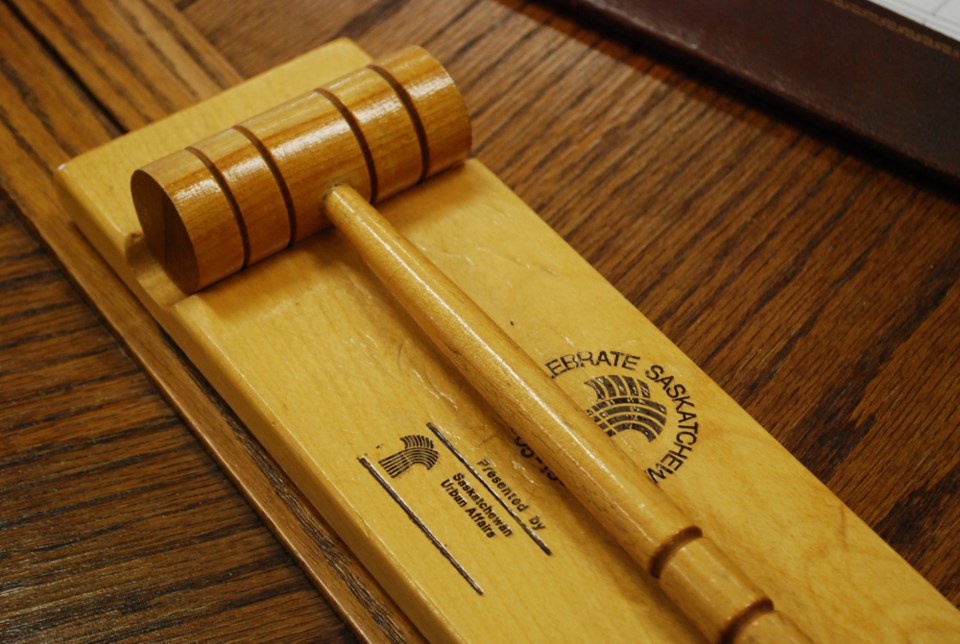Politics is not for everyone.
But for city residents, municipal politics has a deep impact on living in Humboldt.
How does water get from a SaskWater facility to our taps?
How does that burnt out street light get fixed?
Who cuts the grass at the park down the street?
Who makes sure there are swimming lessons available?
City councillors and staff are very open to talk about what they do on different committees and as members of city council.
As a city councillor, they work together to make important decisions about city functions.
Talking with the different committees, they are more of an advisory board that takes an issue, researches it, and then brings it to council so that it can be voted on.
“It’s important that council has a lot of good information and that’s why we have a report structure.” Says Mayor Malcolm Eaton.
Council is the decision making body. All the relevant information is brought forth to council and given to the committees to study. Then they can make an informed decision.
“It’s important to understand that council makes decisions as council, not individually and not through committees,” says Eaton.
What guides the city in this decision making process is city bylaws and policy, says Eaton.
“Council adopts policy based on the processes; the reports, the committee work and input from the community is all part of that.”
Especially with the official community plan being adopted by council sometime this year, Eaton expects there to be many bylaw and policy changes that will fit Humboldt’s updated vision.
When it comes to policies, they provide direction to the staff and community but it is not as strict as a bylaw.
According to City Manager, Roy Hardy, policies can range from the order in which the roads are plowed to the list of information that people give to apply for community grants.
“It’s not so much a law saying, ‘thou shalt’ or ‘thou shalt not’. It’s more a case of saying this is what the staff will use in making their recommendations to council.”
Bylaws are more formal and therefore have quite a process before they are put into place, since they are actual laws that have consequences for not being followed.
Some bylaws get periodically reviewed to make sure that they still benefit the city.
For bylaw changes, anyone is free to come to the council meeting to discuss bylaw changes that will impact them and either through the city website or newspaper, people are notified of these changes.
“It’s mainly done particularly where somebody’s property rights would be involved,” says Hardy.
The city can do multiple readings of a bylaw change to give residents the opportunity to be apart of the discussion.
The second reading to debate the bylaw and the third reading to adopt the bylaw would then come on later dates, says Hardy.
“Everybody’s got to know what the potential impact is going to be on them and have the ability to come to council to make their voices known.”
There are some council discussions that will not be made public until after it is discussed. This is called committee of the whole that is closed to the public.
These matters are related to personnel matters, like employment provisions, labour negotiations and contract negotiations.
“There are some guidelines where we need to go into a private session.” Says Eaton.
There are no decisions that are made in committee of the whole, all decisions that are made are open to the public so council will come out of committee of the whole to make the decision.
“We want to be as open as possible, but there are certain times where you still have to go into private session and have some private conversations,” says Eaton.
Delegations also come to council meetings as their own information sessions to bring a problem or share information with council.
Eaton encourages that.
“It really helps council and our administration meet people who are involved in the different organizations.”
See parts 1-6 by clicking on the links: Mayoral Duties, Communications, Corporate Services, Public Works, Leisure Services and Cultural Services.




